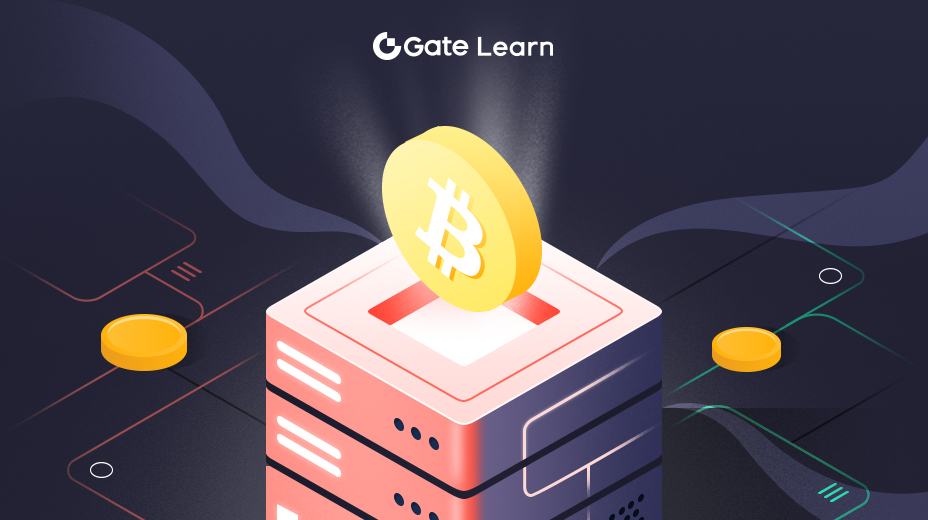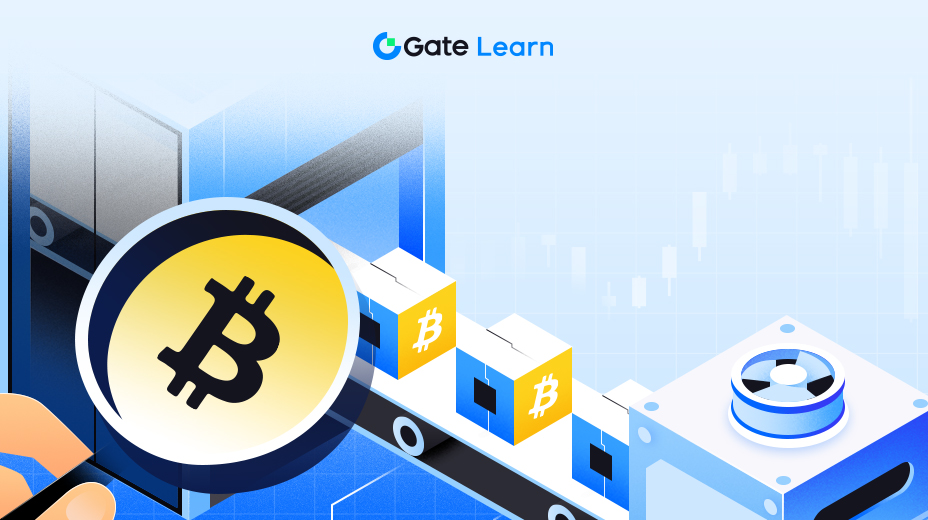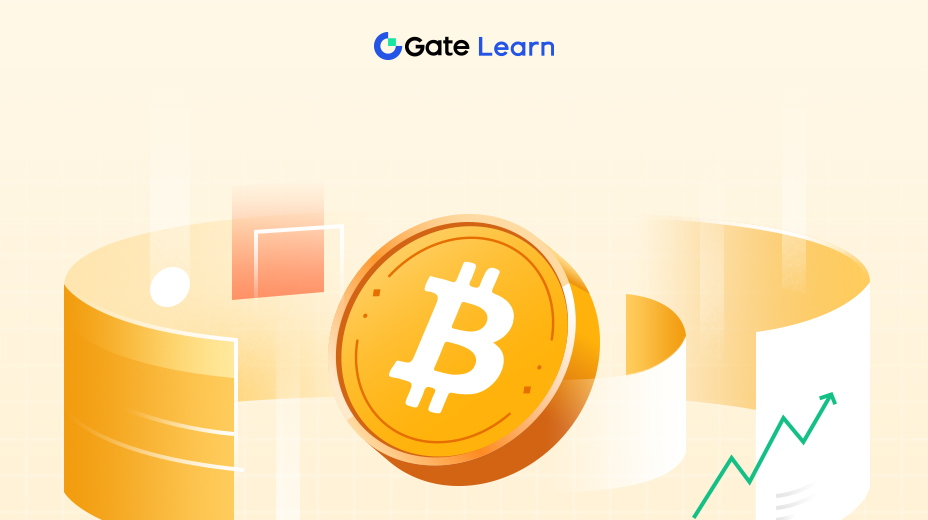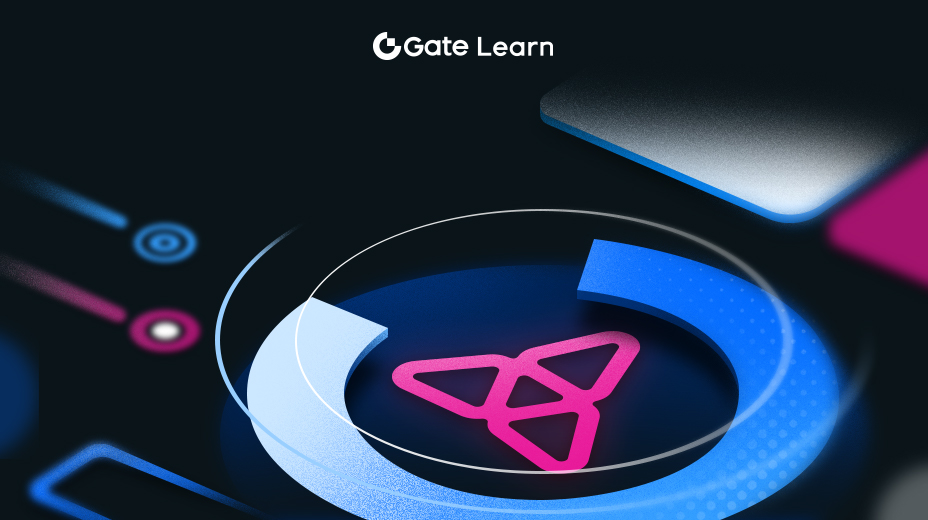Peta jalan dan pengembangan masa depan
Modul ini memberikan gambaran tentang rencana jalan Gaimin, dengan fokus pada tonggak kunci, game yang akan datang, rencana ekspansi awan, dan visi jangka panjang Gaimin untuk game Web3.
Titik Melekat Kunci dalam Peta Jalan Gaimin
Gaimin telah mencapai kemajuan signifikan dalam beberapa tahun terakhir dengan berhasil mengembangkan platformnya dan memperluas infrastruktur. Salah satu tonggak awal adalah integrasi berbagai opsi monetisasi yang memungkinkan pemain menghasilkan imbalan pasif dengan menyumbangkan daya komputasi GPU yang tidak digunakan untuk tugas seperti rendering video, pengolahan AI, dan komputasi blockchain. Pencapaian dasar ini mengkonfirmasi model bisnis inti Gaimin, yaitu memadukan permainan dengan pemrosesan data terdesentralisasi.
Dengan perkembangan platform, Gaimin meluncurkan token GMRX, yang merupakan cryptocurrency asli untuk melakukan transaksi di dalam ekosistem. Token ini digunakan untuk membeli aset game digital, berpartisipasi dalam pasar NFT, dan meningkatkan pengalaman pengguna secara keseluruhan di platform Gaimin. Roadmap juga mencakup pengembangan peluncur game desentralisasi yang disebut sebagai 'Steam untuk game Web3'. Peluncur ini memungkinkan pengembang untuk meng-host game Web3 dan mengintegrasikan fitur blockchain dan NFT, sehingga memberikan platform penggunaan yang mulus bagi pengembang dan pemain.
Melebihi kilometer batu lainnya termasuk penciptaan Gaimin Gladiators, yakni divisi e-sports Gaimin. Langkah strategis ini secara signifikan meningkatkan ketenaran platform, menarik jutaan eksposur, dan menarik sejumlah besar pengguna. Keberhasilan Gladiators dalam acara e-sports berkelas tinggi lebih memperkuat posisi merek Gaimin di industri game kompetitif, memperkuat pengaruhnya di ranah game tradisional dan Web3.
Diharapkan rilis: game baru, pembaruan SDK, dan integrasi AI-driven

Peta jalan Gaimin mencakup beberapa rilis dan pembaruan yang sangat dinantikan. Perusahaan sedang aktif mempercepat peluncuran game Web3 baru, seperti Tower Defense dan Autochess. Game-game ini akan diluncurkan dalam versi uji coba, untuk memberikan fitur blockchain kepada para pemain, seperti NFT dan aset dalam game, yang akan lebih memperluas utilitas token GMRX.
Pembaruan ini akan menyederhanakan proses pengembang mengintegrasikan fitur blockchain dan NFT ke dalam permainan mereka, mendorong lebih banyak pengembang game mengadopsi teknologi Web3.
Selain itu, Gaimin saat ini memanfaatkan jaringan desentralisasinya untuk menyediakan layanan pelatihan model AI dan pemrosesan data. Dengan menggunakan daya komputasi GPU yang tidak terpakai dari komunitas pemain, Gaimin dapat memproses rangkaian data besar dan menjalankan tugas komputasi yang biasanya ditangani oleh pusat data terpusat. Langkah integrasi AI berikutnya termasuk kemampuan pemrosesan real-time dan opsi rendering yang ditingkatkan, yang tidak hanya akan menguntungkan industri game, tetapi juga akan melayani bidang penelitian dan pengembangan AI.
Rencana Ekspansi: Mitra Layanan Cloud dan Pengolahan Data Gaimin
Gaimin.cloud menggunakan sumber daya komputasi PC game global untuk membangun 'superkomputer' terdesentralisasi yang dapat menangani tugas pemrosesan data kompleks. Untuk memenuhi kebutuhan komputasi yang semakin meningkat, Gaimin telah menjalin kemitraan dengan sejumlah perusahaan di bidang kecerdasan buatan, komputasi awan, dan blockchain.
Misalnya, kerjasama antara Gaimin dan io.net bertujuan untuk memperluas kemampuan komputasi GPU terdesentralisasi guna mendukung tugas-tugas berbasis data seperti rendering video dan pelatihan model kecerdasan buatan (AI). Kerjasama tersebut sangat penting bagi perkembangan Gaimin, karena memberikan infrastruktur yang diperlukan untuk memenuhi kebutuhan komputasi yang semakin meningkat di industri game dan bidang lainnya. Dengan bermitra dengan perusahaan pengolahan data, Gaimin dapat memperluas operasinya tanpa harus bergantung pada pusat data terpusat, menjadikannya sebagai solusi aplikasi komputasi yang lebih efisien biaya dan berkelanjutan.
Mengantisipasi masa depan, Gaimin berencana untuk memperluas jaringannya dengan mengenalkan lebih banyak mitra kerjasama dalam industri komputasi awan dan intensif data.
Poin
- Tonggak kunci: Gaimin telah mengintegrasikan fitur monetisasi, meluncurkan token GMRX, dan memperkenalkan peluncur game Web3-nya.
- Akan segera diluncurkan: Rencana untuk meluncurkan game baru seperti Tower Defense dan pembaruan SDK.
- Integrasi AI: Gaimin sedang memperluas fitur AI untuk mencapai pemrosesan data real-time dan tugas rendering.
- Rencana Perluasan: Gaimin memperluas layanan awan terdesentralisasi melalui kemitraan dengan mitra di bidang kecerdasan buatan dan pemrosesan data.
- Visi jangka panjang: Gaimin bertujuan untuk memimpin game Web3, menghubungkan industri game dan pemrosesan data terdesentralisasi.





